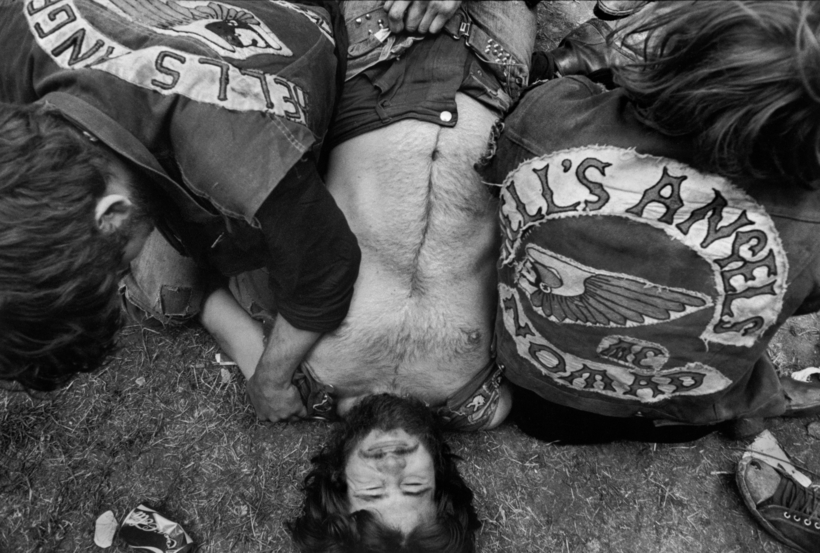Death and So Forth: Stories by Gordon Lish
The writer and editor Gordon Lish, who sometimes goes by the sporty nickname “Gordo” in his autobiographical short stories, was also known way back when as “Captain Fiction.”
I knew him during that time. He worked then, beginning in the 1970s, as an editor at Esquire and later at Knopf, where he was famous for spotting talent and bolstering it. He published a great gang of writers’ early works this way—Raymond Carver’s, Barry Hannah’s, Amy Hempel’s—including my own first book of stories.

